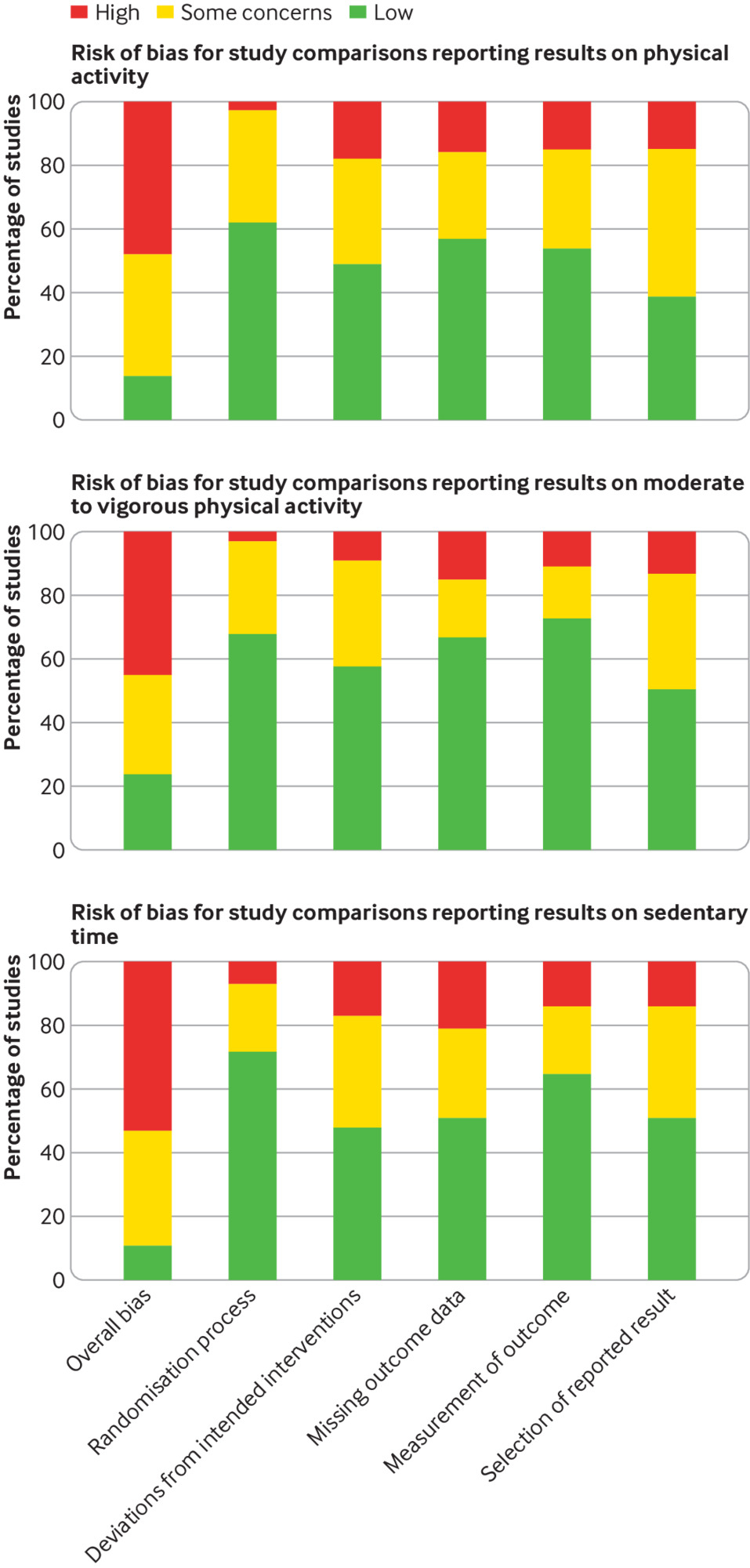Hereditary Conditions: A series looking at genetic conditions and what you need to know and look for.
“Hypertension, or high blood pressure, is a key risk factor for circulatory disease, including heart disease, stroke, eye disease, kidney and heart failure,” says Dr Diane Bennis, GP at webdoctor.ie.
With 64 per cent of adults over 50 in Ireland having high blood pressure, it is important that we are not only aware of the environmental and lifestyle factors that play a role in the condition, but also our additional risk due to family health. history.
“Family and twin studies estimate that the heritability (fraction of the trait explained by genes) of hypertension is 30-50 percent,” says Dr. Bennis. “Strong empirical evidence for the importance of genes in hypertension shows that it is 2.4 times more likely in patients who have two hypertensive parents.”
Angie Rodrigué is aware of her family history of high blood pressure as her grandfather and great-grandfather both died around age 40 due to strokes. Both her parents are doctors, and her father also manages his own high blood pressure. With their understanding that high blood pressure runs in the family, they actively encourage a healthy lifestyle.
“When I lived in Malta,” says Angie, who now lives in Dublin, “I was going through a difficult and stressful period in my life. I started having high blood pressure and I was diagnosed there and given medication as treatment. I did it in two years.”
After this, Angie moved to Ireland and felt that medication was not supporting her system as her blood pressure dropped very low. “I needed to rethink whether I needed the medication or not,” she says. “I spoke to my GP and she took me off the meds and kept me under control.”
After a thorough discussion with her GP, Angie changed her lifestyle significantly and now monitors her blood pressure at home in consultation with her doctor.
“The lifestyle changes I’ve made here, such as living a more relaxed life, eating very healthy and not drinking alcohol, have had a big impact on my blood pressure. I keep track of my blood pressure and data on a health app and share the information with my GP. Lifestyle changes have had a huge impact and maybe it’s just delaying the inevitable and I’ll eventually be on medication full time, but for now I can see the before and after and it really is a big difference.”
“Despite the importance and high prevalence of hypertension, the etiology is still not fully understood,” says Dr. Bennis. “It is most likely due to a complex interplay of genetic, epigenetic (reversible genetic changes) and environmental factors. There has been extensive interest and study of the genetics of hypertension. It is now understood that there are at least 1,000 common genetic hypertensive risk variants (and probably many more ) each of which is associated with very small changes in blood pressure (1 mmHg or even less).
“The probability of hypertension occurring in an individual increases with the number of risk genes present and is modulated by environmental factors such as age, BMI, gender, salt consumption and others. Therefore, unlike some diseases with only one or a few genes as risk factors, there’s no such thing as a primary hypertensive gene or a gene that can be targeted to identify risk or be targeted for treatment. It’s much more complex.”
The difficulty with abnormal blood pressure is that it can exist for a long time without producing any obvious symptoms. It is important to understand and therefore be aware of the factors that can put us at risk of hypertension which Dr Bennis informs us include:
“If you have any of these risk factors, especially in conjunction with a family history, you should recognize that you may be at risk for developing high blood pressure,” says Dr. Bennis.
“You can easily get your blood pressure checked regularly at your local GP clinic or through a home blood pressure test kit which we offer on webdoctor.ie, alternatively you can check with your pharmacist or nurse.”
Dr. Bennis tells us that there are several proven, highly effective, and well-tolerated lifestyle and treatment strategies that can reduce the risk of hypertension and lower blood pressure if it is high.
“Despite this,” she reiterates, “blood pressure control rates remain poor and high blood pressure often remains undetected. Consequently, hypertension remains an important cause of preventable cardiovascular disease globally and in Europe.
“Our risk of high blood pressure can increase when genetic risk is combined with an unhealthy lifestyle. So if you have a family history of hypertension, start taking steps to reduce your risk through a healthy lifestyle. Even if you don’t have a family history of high blood pressure, it’s still important to be aware of other risk factors you may have. It’s important to remember that you can develop high blood pressure even if you don’t have a family history.”
To reduce our risk, we can look at how we manage our lifestyles and the choices we make.



